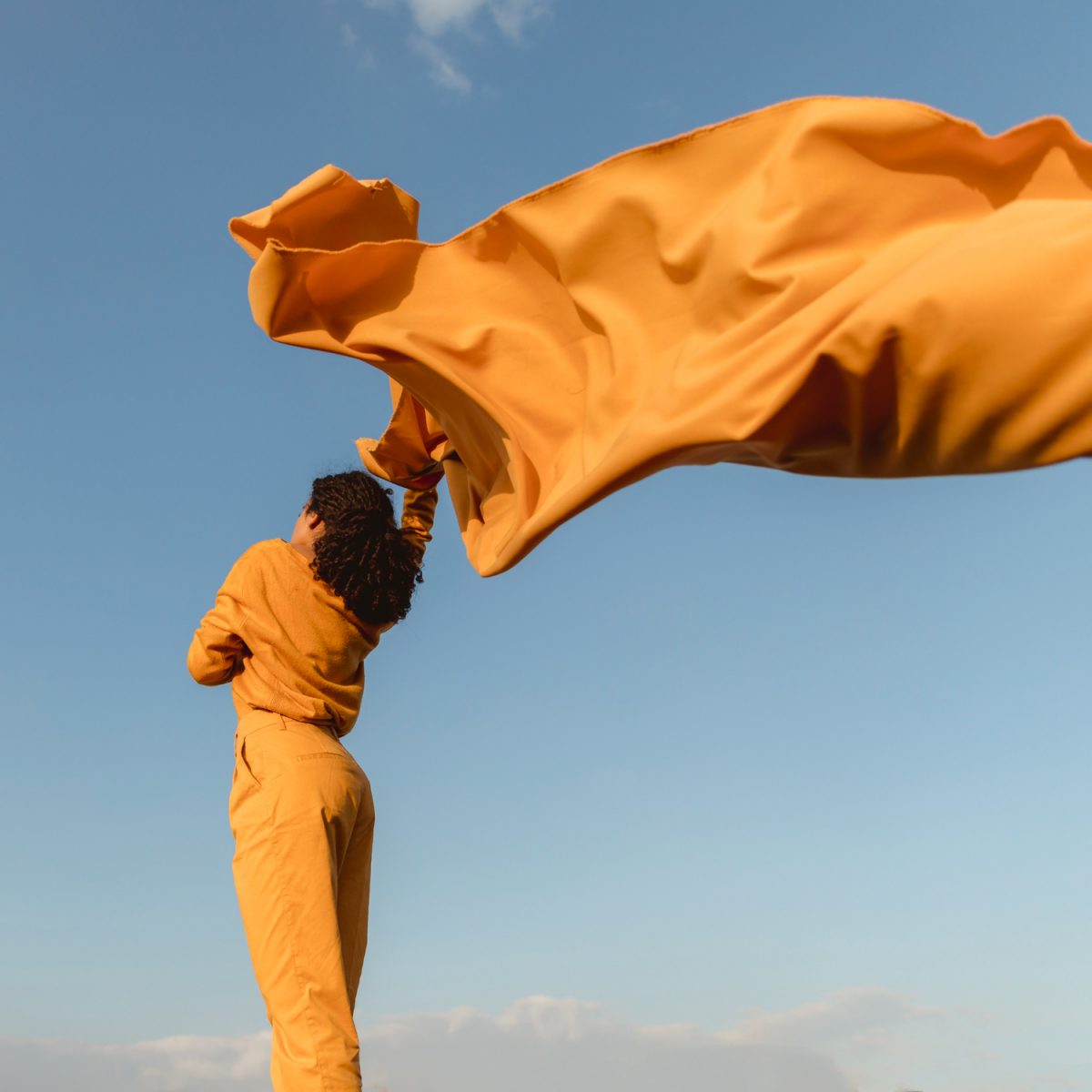Introduction:
In recent years, the fashion industry has undergone a significant shift towards sustainability, with consumers increasingly demanding transparency and accountability from brands. As concerns about the environmental and social impacts of fast fashion continue to grow, a new wave of eco-conscious brands is emerging, prioritizing ethical production practices and sustainable materials. In this blog post, we’ll shine a spotlight on some of the leading sustainable fashion brands that are redefining the industry with their commitment to environmental stewardship and social responsibility.
Patagonia:
Patagonia is a pioneer in sustainable fashion, known for its dedication to environmental activism and ethical business practices.
The brand places a strong emphasis on transparency and traceability throughout its supply chain, from sourcing organic cotton to using recycled materials in its clothing lines. Additionally, Patagonia is a vocal advocate for environmental conservation and social justice, supporting initiatives such as Fair Trade certification and environmental activism campaigns.
Eileen Fisher:
Eileen Fisher is renowned for its timeless designs and commitment to sustainability. The brand incorporates eco-friendly materials such as organic cotton, Tencel, and recycled fibers into its collections, minimizing its environmental footprint. Eileen Fisher also prioritizes fair labor practices and social responsibility, ensuring that workers in its supply chain are treated ethically and paid fair wages.
Moreover, the brand offers a take-back program that allows customers to return old garments for recycling or resale, promoting circularity and reducing textile waste.

Reformation:
Reformation is a trailblazer in sustainable fashion, known for its chic designs and eco-friendly practices. The brand utilizes deadstock and sustainable fabrics, such as Tencel and linen, to create stylish clothing with a lower environmental impact. Reformation also prioritizes ethical manufacturing, partnering with responsible factories and providing transparency about its production processes.
Additionally, the brand calculates and discloses the environmental footprint of each garment, empowering consumers to make informed choices about their purchases.
Stella McCartney:
Stella McCartney is a leading advocate for sustainable fashion, championing cruelty-free materials and ethical production practices. The brand is committed to using sustainable materials such as organic cotton, recycled polyester, and cruelty-free alternatives to leather and fur. Stella McCartney also embraces innovative technologies, such as lab-grown silk and sustainable viscose, to minimize its environmental footprint.
Moreover, the brand prioritizes transparency and traceability, disclosing information about its suppliers and production practices.
Everlane:
Everlane is dedicated to radical transparency and ethical manufacturing, offering a range of timeless basics and wardrobe essentials.
The brand prioritizes fair labor practices and environmental sustainability, partnering with ethical factories and using eco-friendly materials such as organic cotton and recycled polyester. Everlane also provides detailed information about the cost breakdown of each product, allowing customers to see exactly how much they’re paying for materials, labor, and overhead.
Conclusion:
Sustainable fashion brands are leading the way towards a more ethical and environmentally conscious industry, challenging the status quo and redefining the notion of fashion as usual. By prioritizing transparency, ethical production practices, and sustainable materials, these brands are setting a new standard for the fashion industry and inspiring consumers to make more informed and conscious purchasing decisions. As the demand for sustainable fashion continues to grow, we can expect to see even more innovation and progress towards a more sustainable and ethical future for fashion.

